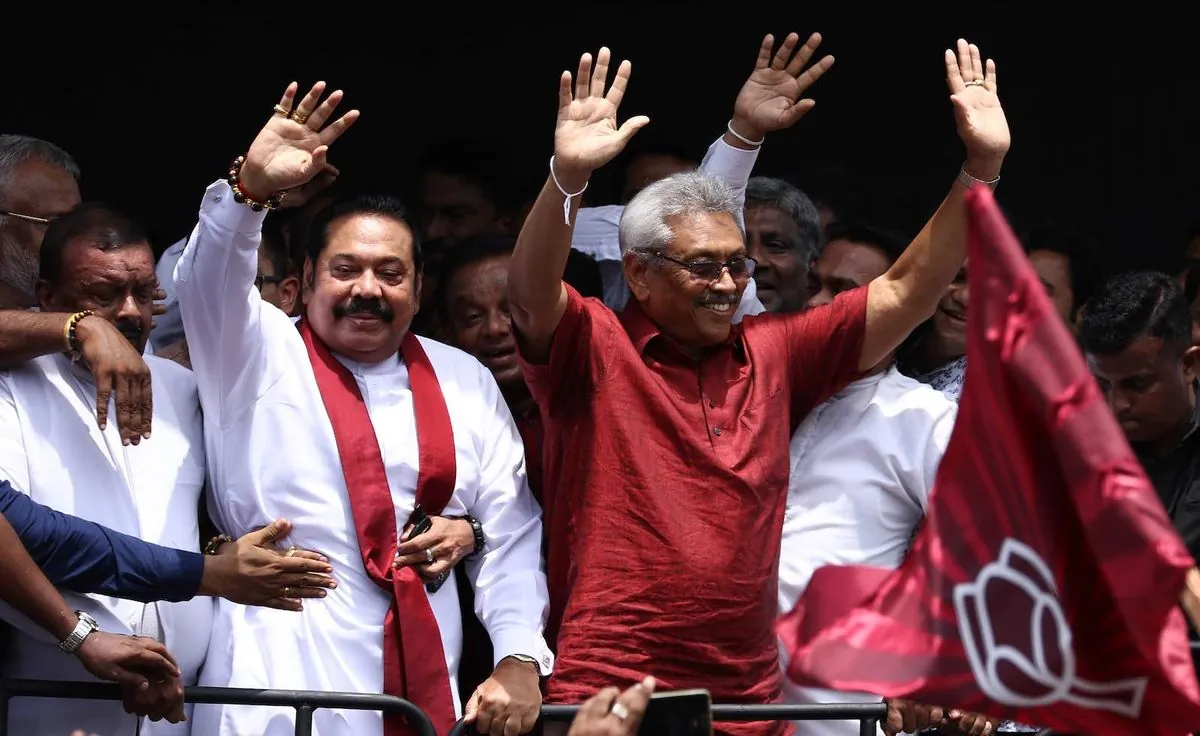In a significant political event, Sri Lanka is preparing for its presidential election scheduled for September 21, 2024. This election marks a critical juncture for the island nation, coming two years after its severe economic crisis and debt default in 2022.
On August 15, 2024, 39 candidates submitted their nominations to the Election Commission, setting the stage for a highly contested race. R. M. Ratnayake, the chairman of the Election Commission, expressed confidence in conducting a peaceful and transparent election with the support of various stakeholders.
Among the frontrunners are Ranil Wickremesinghe, the incumbent president who has been steering the country through its economic recovery since July 2022, Sajith Premadasa, the opposition leader, and Anura Kumara Dissanayake, a Marxist-leaning parliamentarian. A surprising addition to the candidate list is Namal Rajapaksa, the 38-year-old son of former president Mahinda Rajapaksa, representing the Sri Lanka Podujana Peramuna (SLPP) party.
The election comes at a crucial time for Sri Lanka, an island nation in the Indian Ocean with a population of approximately 22 million. The country, known for its rich cultural heritage and natural beauty, has faced significant challenges in recent years. These include the economic crisis, which was exacerbated by the COVID-19 pandemic's impact on the tourism sector, a key contributor to the nation's economy.
The next president will face the daunting task of consolidating the country's fragile economic recovery. This includes implementing a four-year $2.9 billion program with the International Monetary Fund (IMF) and finalizing a $12.5 billion debt restructuring plan. Additionally, the new leader will need to focus on achieving sustainable growth and addressing long-standing issues such as ethnic tensions and corruption.
Sri Lanka's political landscape is characterized by a multi-party system, with regular elections held since its independence from British rule in 1948. The country boasts a high literacy rate of over 90%, one of the highest in South Asia, which contributes to an engaged electorate. However, challenges such as nepotism and corruption in the political system have persisted.
As the election approaches, the nation's 17 million eligible voters will have the opportunity to shape Sri Lanka's future. The outcome of this election will be crucial not only for the country's economic recovery but also for addressing broader issues such as climate change adaptation, given Sri Lanka's vulnerability to environmental risks.
"The Election Commission believes we will get the support of political parties, media, civil society and the public to have a peaceful and transparent election."
This presidential election represents a pivotal moment for Sri Lanka, as it seeks to overcome recent economic challenges and chart a course towards stability and prosperity. The diverse field of candidates reflects the complex political landscape of this island nation, which continues to navigate its path in the rapidly changing global environment.
